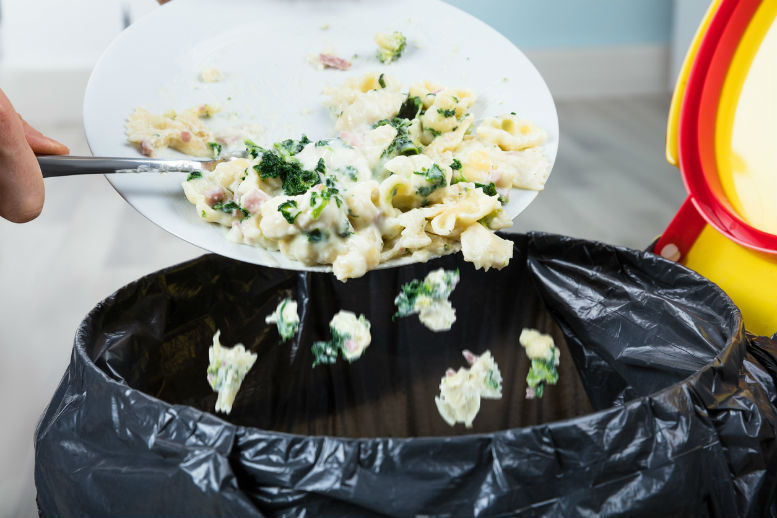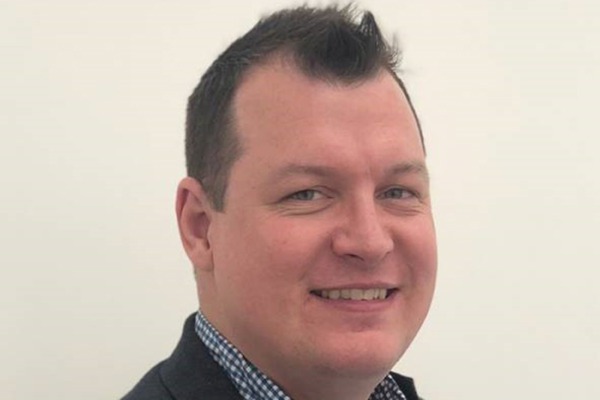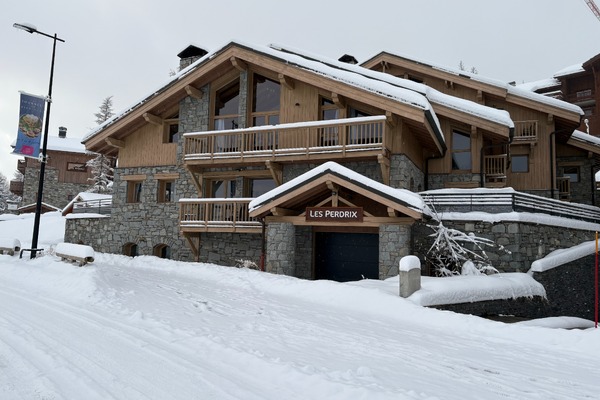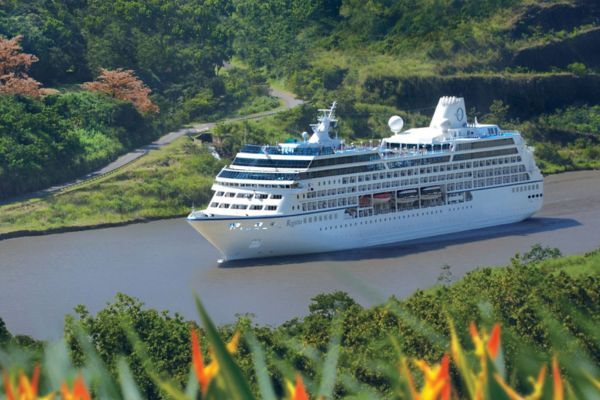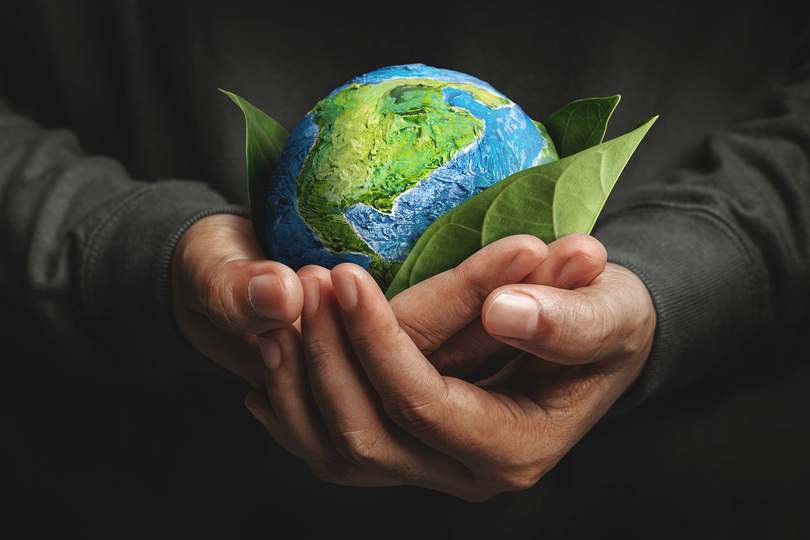ITT 2018: After plastic, is food waste next?
 Sophie Griffiths
Sophie GriffithsThe industry should brace itself for the next big sustainability issue, as the public tide of opinion continues to bring previously unforeseen challenges.
That was the warning from Edward Lucas, senior vice president at the Centre for European Policy Analysis, who told delegates at the ITT Conference in Sicily today that travel and tourism was one of the fastest growing sectors, which was leading to pressure on public spaces.
“It’s a nice problem to have,” he acknowledged, but he said the volatility of the public mood meant “we are seeing shifts [in the public consciousness] that were unforeseen”.
“You can see that in how one TV programme took the issue of plastic and turned it into the topic of conversation… and now you’re seeing all sorts of businesses coming out with ‘no more straws’ policies. It’s clear how the tide of public opinion is influencing things,” Lucas said.
He told delegates “the next big thing to look out for” was food waste. “That is shooting right up the agenda,” he said. “The big questions will be about food wastage and the whole supply chain.
“The other big thing is technology,” Lucas added, as he warned delegates to invest in their cyber security.
Elsewhere he acknowledged the growing pressure which increasing tourism numbers would place on visitor sites. “There were 4.3 billion holidays taken within China last year. And as the Chinese middle-class continues to go up the ladder of prosperity, there will be a tourism tsunami.”
The problem, Lucas said, was in the numbers of visitors wanting to visit the world’s “top 10” tourism sites. “It doesn’t matter if these sites are places like Disneyland because you can build and expand Disneyland, but when it’s Venice – you can’t just build another Venice or make it bigger, so how do we deal with this?”
Lucas said previously tried schemes such as queuing for tourist sites tended to be “unfair”, as he said it favoured the “the young and the tough” and meant older and more infirm tourists would miss out.
“But there’s all sorts of tweaks you could do – you could offer payment for some attractions and then change the prices so it’s free at certain times to encourage tourist numbers to be more spread out.”
Lucas added that technology would be the industry’s greatest asset in managing public spaces.
“Mobile phones make it far easier to tell us where to go and how to tell people where we are.
“It can sound a bit Big Brother but if you’re trying to manage tourism flows where there are a lot of people then they can be extremely useful.”
Lastly Lucas said other tourist destinations should note how Venice had been a victim of its own success. “They built hotels to accommodate more tourists instead of museums which could have helped to absorb some of the numbers – they did this to themselves,” he added.
Sign up for weekday travel news and analysis straight to your inbox

Sophie Griffiths
Supplier Directory
Find contacts for 260+ travel suppliers. Type name, company or destination.
